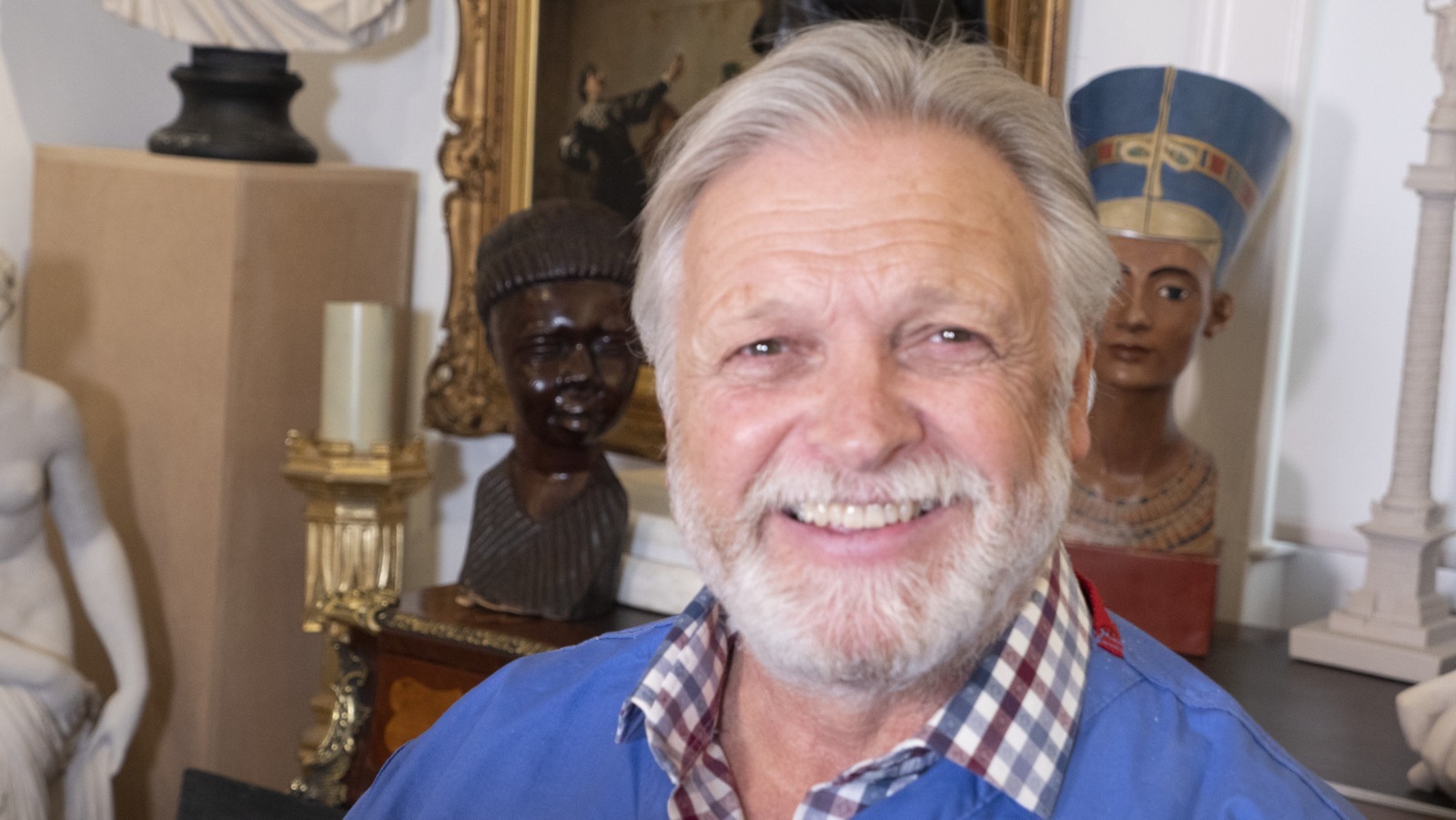“Still to this day, 30 years, on I get pointed at in the street, people of a certain age, if they’re over 50, [he puts on a sneering voice] ‘Oh, you’re Michael Knighton, you tried to buy Manchester United, you never had the money’. Oh really? Funny how you end up on the board of directors of Manchester United with no money. I must be Paul Daniels. The magician.” Michael Knighton is explaining how he nearly bought Manchester United and how, even though he didn’t, he still provided the blueprint that revolutionised football. It is a Thursday afternoon, and Michael…
Cancel at any time. Are you already a member? Log in here.
Want to read the full story?
Unlock this article – and everything else on The Currency – with an annual membership and receive a free Samsonite Upscape suitcase, retailing at €235, delivered to your door.

